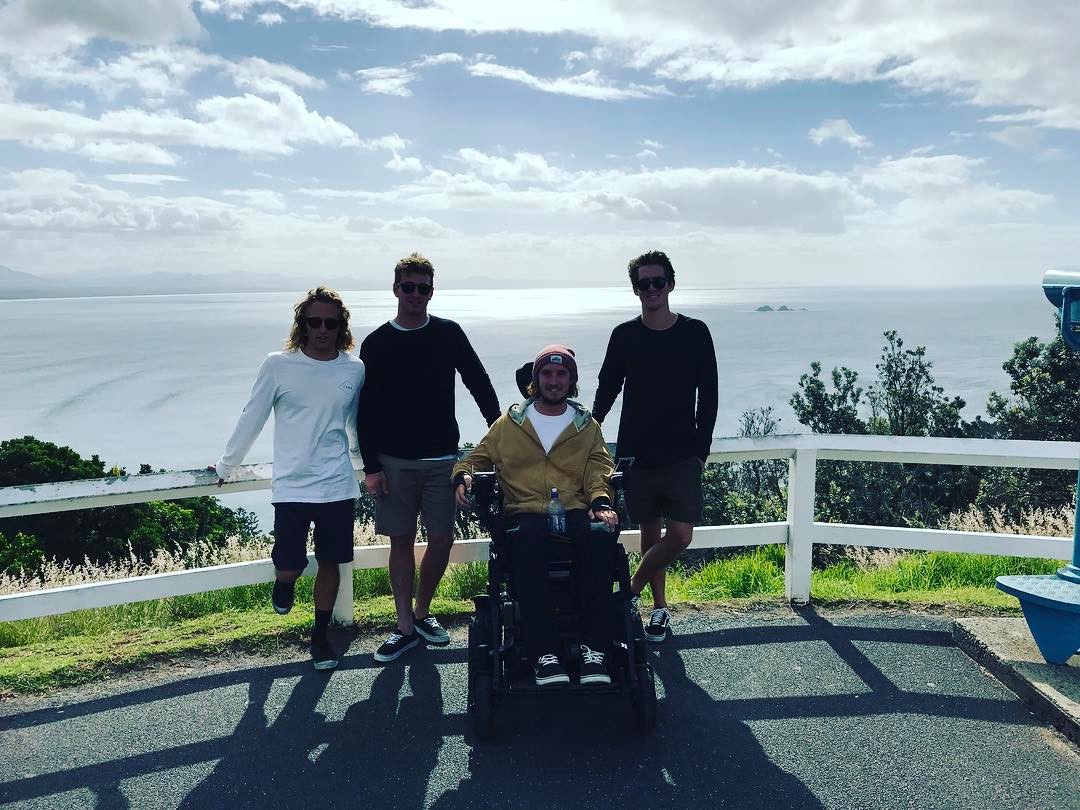An Australian man who was rendered quadriplegic after a fall in Grouse Mountain’s snowboard park in 2016 will be able to sue the mountain after all.

It comes after the B.C. Court of Appeal overturned a decision by the B.C. Supreme Court that summarily dismissed his lawsuit last June. The allegations in the case have never been tested in court.
In a judgment published on Wednesday, the three-judge panel ruled that the lower court judge had incorrectly tossed the case.
Jason Apps had argued that the mountain was negligent in designing the snowboard terrain park, had breached the Occupier’s Liability Act and had failed to warn of the risk for serious injury.
In its decision to dismiss the case, the Supreme Court judge accepted Grouse Mountain’s arguments that there was adequate signage warning Apps of his rights and the risks of snowboarding.
It also accepted the argument that Apps, an employee at Whistler resort who worked with waivers, would have known his rights.
But the court of appeal found problems with both of those arguments.

Regarding the signage, it found that the lower court had included warning signs posted on the ski hill near the terrain park, rather than the just the waiver notice posted at the cashier, in its decision.
“By the time Mr. Apps arrived at the Terrain Park, he had paid for his non-refundable ticket, taken the lift up the mountain, and had begun snowboarding,” found the court.
“It was far too late to give notice of what was in the waiver. That had to be done at or before the ticket booth.”
The judges also ruled that Apps’ experience working with waivers at another mountain was not relevant in this case.
“I do not think the fact that Mr. Apps had some previous awareness that when he signed an agreement at Whistler, he was waiving legal rights of some sort, can satisfy that obligation in this case,” states the judgement.
The ruling does not find in favour of either Apps or Grouse Mountain when it comes to the actual merits of the original lawsuit.
That decision would fall to a new judge at a later trial.




Comments